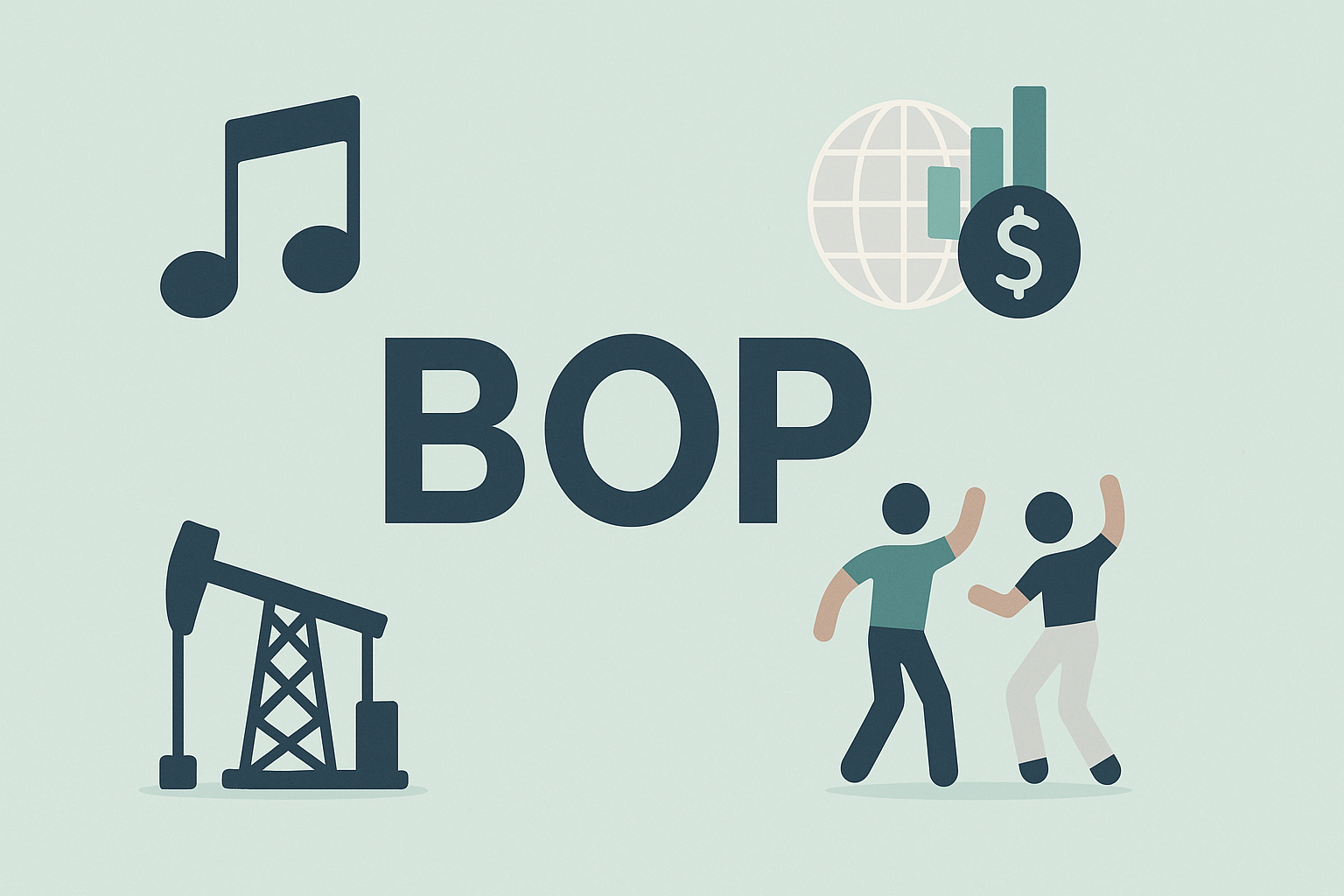In the world of financial news, timing is everything. And the timing of William J. Pulte's statement regarding Jerome Powell's rumored resignation couldn't be more intriguing. The Chairman of the Board of Fannie Mae and Freddie Mac released a remarkably terse statement yesterday, declaring he's "encouraged" by reports that Fed Chair Powell might step down, adding that such a move "will be the right decision for America, and the economy will boom."
Well then. Tell us how you really feel, Mr. Pulte.
What makes this particularly fascinating isn't just the bluntness—though that's refreshing in a world of carefully massaged central bank communications—but the structural implications. Here we have the head of two government-sponsored enterprises essentially cheering for the departure of the Fed Chair. It's like watching your mortgage broker pop champagne because the bank president might get fired.
The model I find useful here is what I call the "monetary policy tension triangle." At each corner sits a different stakeholder: housing market facilitators, inflation hawks, and economic growth promoters. When interest rates rise sharply, as they have under Powell's Fed, the housing corner of that triangle gets particularly squeezed. Fannie and Freddie live in that corner.
Pulte's enthusiasm makes perfect sense when you consider that mortgage rates have more than doubled during Powell's tightening cycle. When the 30-year fixed mortgage rate jumps from around 3% to over 7%, the entire housing ecosystem feels the pain. Fannie and Freddie, whose entire existence revolves around keeping mortgage markets liquid, have watched transaction volumes crater as affordability collapsed.
But there's something deeper happening here. The statement reveals the growing fissures in what we might call the "monetary policy consensus." For decades, there was broad agreement that an independent Fed focused primarily on inflation fighting was the optimal arrangement. What we're witnessing now is the real-time erosion of that consensus.
Look at the sequence: First, Powell executes the most aggressive rate hiking cycle in decades. Then inflation comes down significantly (though not completely to target). The labor market bends but doesn't break. And yet, key institutional players are openly rooting for Powell's departure? That's not how this script usually plays out.
I mean, traditionally, a Fed Chair who tackles 9% inflation and gets it down to around 3% without causing a recession would be getting Nobel Prize nominations, not push-out-the-door encouragement from major housing finance officials.
The thing is, Pulte's view likely has supporters beyond just the housing sector. The manufacturing industry, exporters dealing with a strong dollar, and commercial real estate owners all have reason to desire a pivot to easier monetary policy. What's unusual is seeing such naked advocacy from someone in Pulte's position.
It reminds me a bit of the dynamic between Paul Volcker and the Reagan administration in the early 1980s—except in reverse. Then, it was a Fed Chair determined to break inflation with sky-high rates despite immense political pressure. Now, it's a Fed Chair being pressured to declare inflation victory and pivot to rate cuts, despite his own apparent reluctance.
For markets, this public breakdown in monetary policy consensus creates both risk and opportunity. On one hand, the prospect of a more dovish Fed chair could spark a rally in rate-sensitive sectors. On the other, any perception that the Fed is being politically influenced creates its own set of problems for long-term inflation expectations.
Anyway, if Powell is indeed contemplating resignation (and the Fed hasn't confirmed these reports), the dance of potential successors will become the financial world's favorite parlor game. The betting markets will soon be pricing the hawkish/dovish leanings of every possible candidate.
In the meantime, William Pulte has made his preference crystal clear: Anyone But Powell seems to be his monetary policy platform. And in doing so, he's provided a fascinating window into the institutional tensions that usually remain hidden behind polite Fed-speak and carefully worded press releases.
The markets are watching. And waiting.




